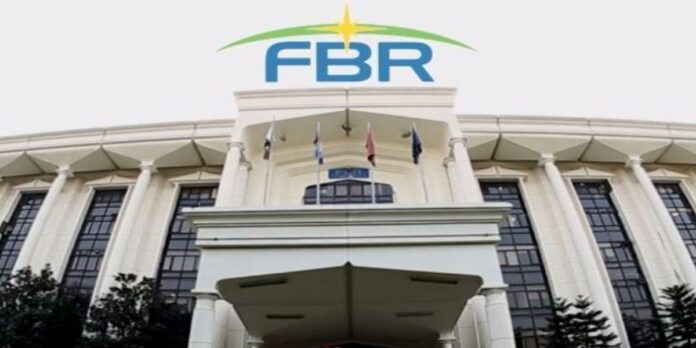ISLAMABAD: The tax shortfall has ballooned to a staggering Rs833 billion in the first 10 months of the fiscal year, despite the government imposing record additional taxes and reducing refunds, as Pakistan’s tax chief Rashid Langrial warned that the new budget will also be challenging in terms of achieving targets.
The shortfall exceeded the limit set by the International Monetary Fund (IMF) by over Rs190 billion. Last month, the IMF acknowledged that the annual target of Rs12.97 trillion was unattainable and subsequently revised it.
Only in the month of April, the government added around Rs139 billion in tax shortfall, breaching commitment to the IMF that the shortfall against the original annual target will not be more than Rs640 billion.
The Federal Board of Revenue (FBR) provisionally collected Rs9.3 trillion in taxes till end of April, falling short of the target by Rs833 billion, according to its provisional figures. The collection was still around 27% or Rs1.95 trillion higher than the previous fiscal year but not enough to stay on track.
In terms of collecting taxes, this and the next fiscal year will be tough, admitted the chairman FBR before the National Assembly Standing Committee on Finance on Wednesday. He further said that this would leave little space for giving any relief in taxes in the budget. “But we are reducing taxes on the salaried class in the budget,” said Chairman FBR without disclosing the quantum of relief.
As of the end of March, the salaried class paid a record Rs391 billion in taxes, which were 56% or Rs140 billion more than the last year and 1420% higher than the taxes paid by the traders. The FBR sustained a whopping Rs833 billion shortfalls despite putting Rs1.3 trillion additional burdens in the last budget and it even did not spare the milk despite Pakistan being a nutrition deficient nation.
The Pakistan Dairy Association (PDA), the representative body of packaged milk producers, on Wednesday sought the intervention of the National Assembly Standing Committee on Finance, to reduce the 18% sales tax on package milk that increased prices by up to Rs70 per litre.
The PDA demanded to reduce the tax to 5% but the chairman FBR said that the IMF generally does not allow a reduction in sales tax rate but the government will consider the proposal in the budget. The standing committee recommended reducing the sales tax on package milk, as it was the highest tax rate on milk in the world.
There has been over emphasis on increasing taxes, which has shifted the focus away from growing expenditures that are increasing at 24% pace during the current fiscal year, despite low single digit inflation. The Prime Minister has doubled the size of his cabinet, added more departments in an already bloated size of the government and approved to increase salaries of the cabinet members. –Agencies






